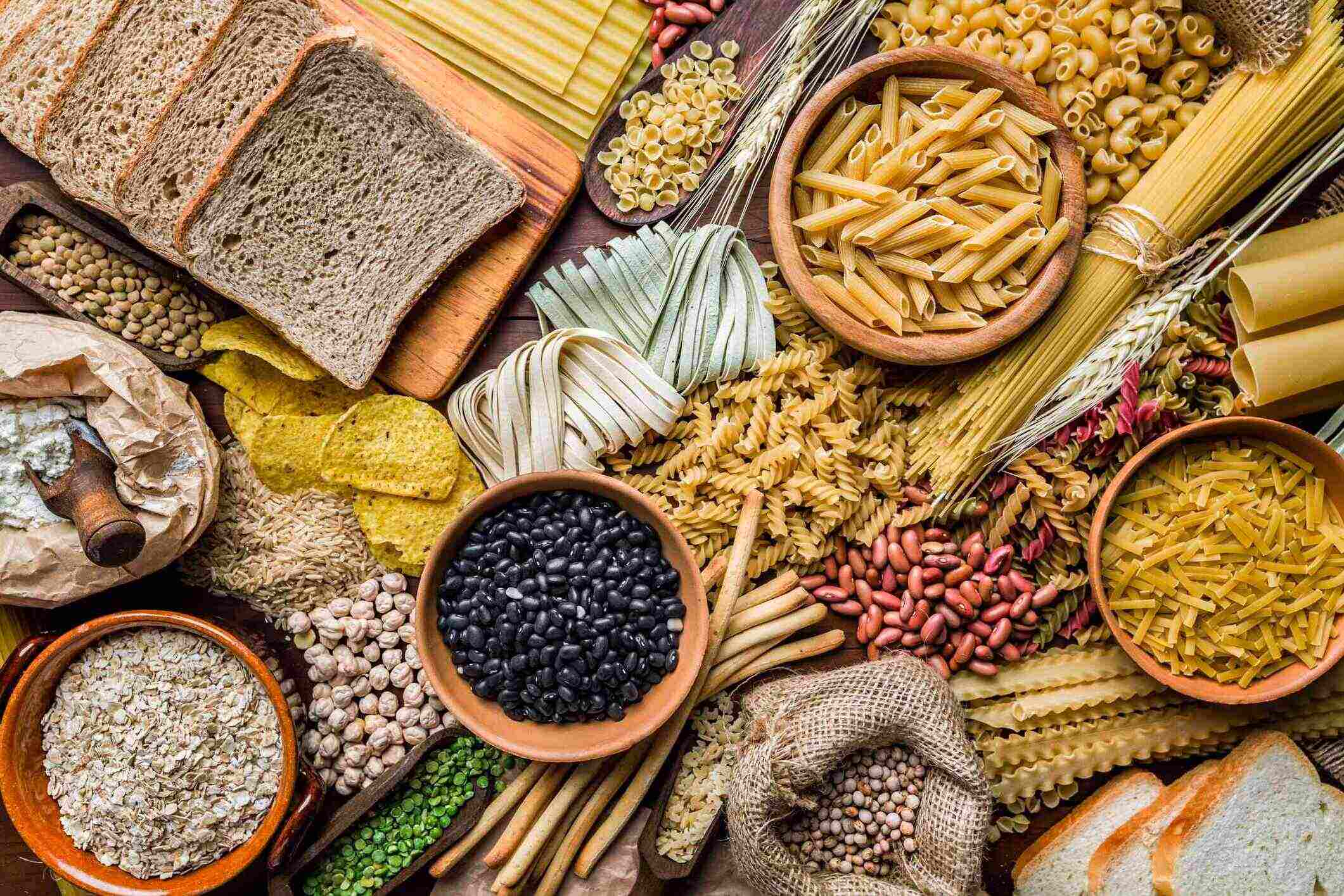
Carbohydrates often get a bad rap, but they play a crucial role in our diet. What are carbohydrates? They are organic compounds made up of carbon, hydrogen, and oxygen, providing energy for our bodies. Found in foods like bread, pasta, fruits, and vegetables, carbs are essential for brain function and physical activity. There are two main types: simple and complex. Simple carbs, like sugar, give quick energy, while complex carbs, like whole grains, provide sustained energy. Understanding carbs can help you make better dietary choices. Ready to learn more? Here are 23 facts about carbohydrates that might surprise you!
What Are Carbohydrates?
Carbohydrates are essential nutrients that provide energy for our bodies. They come in various forms and are found in many foods. Let's dive into some fascinating facts about carbs.
-
Carbohydrates are one of the three macronutrients, alongside proteins and fats. They are crucial for a balanced diet.
-
The primary function of carbohydrates is to provide energy. When consumed, they are broken down into glucose, which fuels our cells.
-
There are three main types of carbohydrates: sugars, starches, and fiber. Each type plays a different role in our health.
Types of Carbohydrates
Understanding the different types of carbohydrates can help you make healthier food choices. Here's a closer look at each type.
-
Sugars are simple carbohydrates. They are found naturally in fruits, vegetables, and dairy products. Examples include glucose, fructose, and lactose.
-
Starches are complex carbohydrates. They are found in foods like bread, rice, pasta, and potatoes. These carbs take longer to break down, providing a steady energy source.
-
Fiber is a type of carbohydrate that our bodies can't digest. It helps regulate the body's use of sugars, keeping hunger and blood sugar in check.
Carbohydrates and Health
Carbohydrates have a significant impact on our health. Knowing how they affect our bodies can help us make better dietary choices.
-
Consuming too many simple sugars can lead to weight gain and increase the risk of diabetes and heart disease.
-
Complex carbohydrates, like whole grains, are rich in essential nutrients and provide long-lasting energy.
-
Dietary fiber is crucial for digestive health. It helps prevent constipation and lowers the risk of developing certain diseases.
Carbohydrates in Foods
Carbohydrates are found in a wide variety of foods. Some are healthier than others. Let's explore where you can find them.
-
Fruits and vegetables are excellent sources of healthy carbohydrates. They provide essential vitamins, minerals, and fiber.
-
Whole grains, such as brown rice, quinoa, and oats, are packed with nutrients and are a better choice than refined grains.
-
Legumes, including beans, lentils, and peas, are rich in complex carbohydrates and fiber.
Myths About Carbohydrates
There are many misconceptions about carbohydrates. Let's debunk some common myths.
-
Not all carbs are bad. Whole foods like fruits, vegetables, and whole grains are healthy sources of carbohydrates.
-
Low-carb diets can be effective for weight loss, but they are not suitable for everyone. Balance is key.
-
Carbohydrates do not cause weight gain on their own. Overeating and lack of exercise are the main culprits.
Carbohydrates and Exercise
Carbohydrates play a vital role in athletic performance. They provide the energy needed for physical activity.
-
Athletes often consume carbohydrate-rich foods before and after workouts to fuel their bodies and aid recovery.
-
Glycogen, stored in muscles and liver, is the body's primary energy source during intense exercise. It is made from carbohydrates.
-
Carbohydrate loading is a strategy used by endurance athletes to maximize glycogen stores before a big event.
Interesting Facts About Carbohydrates
Here are some fun and lesser-known facts about carbohydrates that might surprise you.
-
The word "carbohydrate" comes from the elements that make them up: carbon, hydrogen, and oxygen.
-
Honey is a natural source of simple carbohydrates. It contains glucose and fructose.
-
The glycemic index (GI) measures how quickly carbohydrates in food raise blood sugar levels. Low-GI foods are better for maintaining stable blood sugar.
-
Resistant starch is a type of carbohydrate that resists digestion. It acts like fiber and has various health benefits.
-
Some vegetables, like carrots and beets, have higher sugar content than others. However, they are still nutritious and should be included in a balanced diet.
Final Thoughts on Carbohydrates
Carbohydrates play a crucial role in our daily lives. They provide energy, support brain function, and even help with digestion. Understanding the different types of carbs, like simple and complex, can help you make better dietary choices. Remember, not all carbs are created equal. Whole grains, fruits, and vegetables offer more nutritional benefits compared to processed sugars and refined grains.
Balancing your carb intake with proteins and fats ensures a well-rounded diet. Don't forget, moderation is key. Overloading on carbs can lead to weight gain and other health issues. On the flip side, cutting them out entirely isn't the answer either. Your body needs a variety of nutrients to function properly.
So, next time you plan a meal, think about the carbs you're including. Make smart choices, and your body will thank you.
Was this page helpful?
Our commitment to delivering trustworthy and engaging content is at the heart of what we do. Each fact on our site is contributed by real users like you, bringing a wealth of diverse insights and information. To ensure the highest standards of accuracy and reliability, our dedicated editors meticulously review each submission. This process guarantees that the facts we share are not only fascinating but also credible. Trust in our commitment to quality and authenticity as you explore and learn with us.


